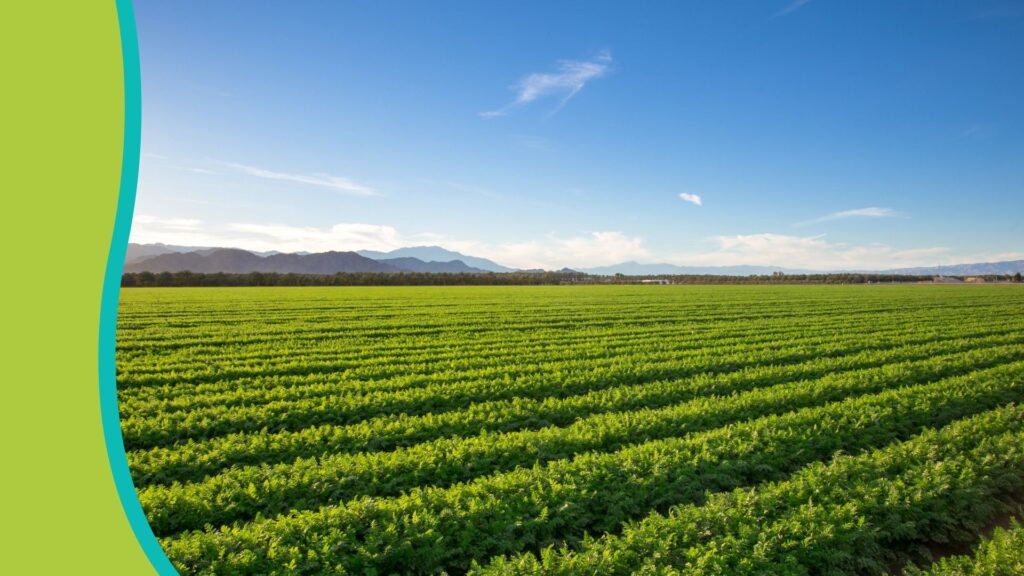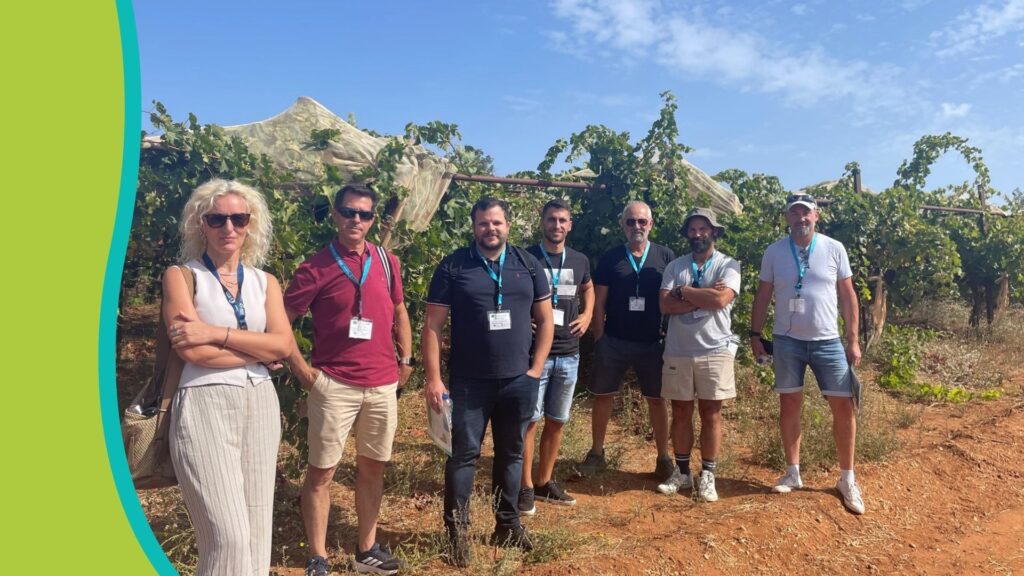Agriculture and food systems are essential for human survival, but increasing food demand, coupled with concerns about sustainability, health, and social issues, underscores the need for more sustainable practices.
Climate change significantly affects agricultural productivity, threatening crop yields, livestock, and fisheries. While agriculture contributes to climate change, it also offers solutions, including Climate-Smart Agriculture (CSA) a new concept and a comprehensive approach which combines scientific and local knowledge aiming to enhance productivity, resilience, and climate mitigation, while reducing emissions, natural resources consumption, and reduce agrochemical inputs. CSA practices aim to benefit farmers, society, and the environment.
To achieve sustainable development, substantial investments in research, infrastructure, and institutional frameworks are necessary. Global initiatives like the Paris Agreement emphasize the importance of CSA, promoting its adoption to mitigate climate impacts. Additionally, the United Nations Sustainable Development Goals (SDGs), particularly SDG 2 (food security) and SDG 13 (climate action), underscore the role of sustainable agriculture in addressing global challenges. CSA is integral to meeting these SDGs, providing solutions for both food security and climate resilience.
International organizations such as the Global Alliance for Climate-Smart Agriculture (GACSA) and the World Bank play key roles in advancing CSA practices worldwide. GACSA, a multi-stakeholder alliance, fosters knowledge sharing and collaboration among governments, farmers, and the private sector to support CSA adoption. The World Bank provides financing and technical support to implement CSA strategies, helping countries develop investment plans for climate-smart agriculture.
The Food and Agriculture Organization (FAO) supports CSA through its Climate-Smart Agriculture Sourcebook, offering guidance for adopting sustainable farming practices. The FAO’s work aligns with global efforts to reduce hunger, improve nutrition, and ensure food security while adapting to and mitigating climate change.
In Europe, the European Green Deal aims to make Europe the first climate-neutral continent by 2050. As part of this commitment, the European Union is revising agricultural and food policies, with key initiatives such as the “Farm to Fork” strategy, focused on sustainable food systems, and a biodiversity strategy to protect ecosystems. The Common Agricultural Policy (CAP), aligns with the EU’s sustainability goals, offering tools and financial support to encourage sustainable farming practices, promote climate action, and bolster rural economies. Through these comprehensive strategies, Europe aims to ensure both food security and environmental sustainability in the face of climate change.


